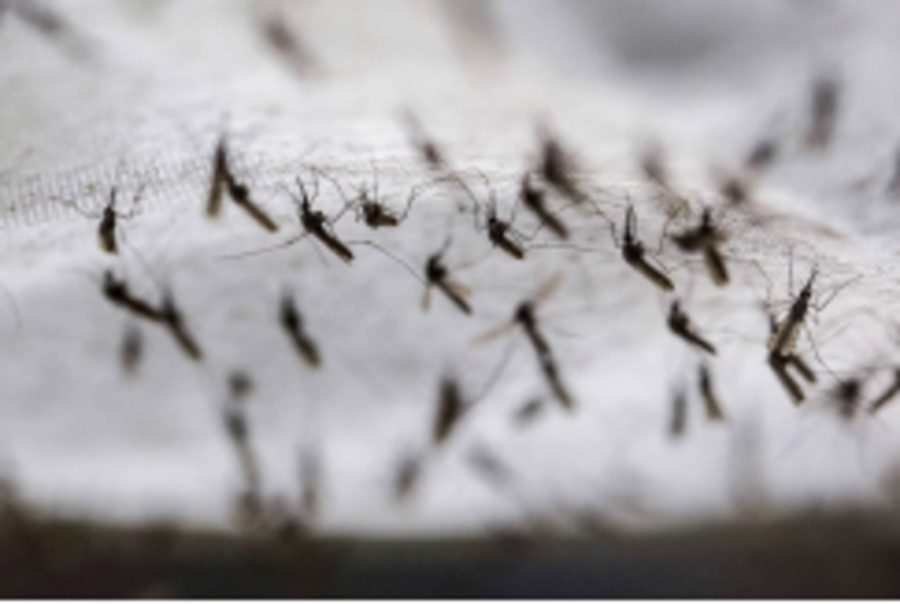First Chinese scientist to win Nobel Prize finds cure for malaria
Malaria is an infectious disease caused by protozoan parasites. It can be transmitted from the bite of a mosquito and can be deadly. Common symptoms are a high fever, chills, and sweating.
October 15, 2015
During China’s Cultural Revolution in the 1950s, young scientist Tu Youyou joined a secret mission to find a cure for malaria.
“Project 523” was an undercover mission set up by Chairman Mao Zedong who wanted to help the mosquito-bitten, Malaria-infected Communist soldiers fighting in Vietnam.
Youyou spent long periods of time scanning ancient texts to find clues on how to narrow down a cure.
Junior Sarah Sotropa said, “Youyou achieved something that has never been achieved before for China, it is a great step for the country.”
The eventual treatment, a juice extracted from a plant, wormwood, was used to cure malaria and managed to save around one million people.
Her discovery resulted in drug artemisinin, humankind’s best defense against malaria, which kills around 450,000 people a year.
Sotropa said, “Malaria is especially threatening in Africa so finding this drug is a good cure to help the many people in third-world countries fight this disease.”
This cure resulted in the award of the Nobel Prize in medicine to Youyou, who received the award along with two other scientists on Monday, Oct. 5, 2015.
Junior Anais Cabello said, “The Nobel Prize is an extremely prestigious award so China earning it for the first time is a big deal.”
Several malaria-ridden countries have benefited greatly to the treatment and it has saved the lives of many.







